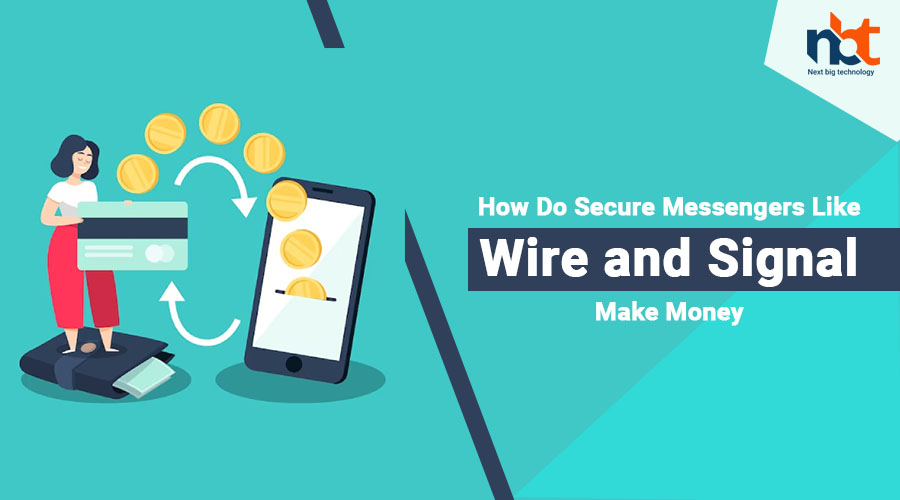Introduction: In an era where privacy and data security are major concerns, secure messaging apps have gained significant popularity. Apps like Wire and Signal offer end-to-end encryption, ensuring that user communications remain private and secure. However, the question arises: How do these secure messengers make money? In this blog, we will explore the revenue models and strategies employed by secure messengers to sustain their operations and provide users with privacy-focused messaging services.
- Donation-Based Model: Some secure messengers, like Signal, rely on donations from users and philanthropic organizations to support their operations. These apps prioritize user privacy and transparency, and they believe in providing secure messaging services as a public good. Users can contribute to the development and maintenance of the app voluntarily. Donations can be made through various channels, including in-app donations, cryptocurrency contributions, or direct donations to the organization behind the app.
- Grants and Funding: Secure messengers may secure grants and funding from organizations, foundations, or government entities that support privacy-focused initiatives. These funds are used to cover development costs, server maintenance, and ongoing research to improve the security and functionality of the app. By securing grants, these apps can operate independently and continue to enhance their privacy features without relying solely on user-generated revenue.
- Enterprise and Business Solutions: Some secure messaging apps, such as Wire, offer enterprise and business solutions as a revenue stream. These apps provide organizations with secure communication platforms, tailored to meet their specific needs and compliance requirements. Enterprise solutions often include advanced features like secure file sharing, team collaboration, administrative controls, and integration with existing business tools. By charging organizations for these specialized services, secure messengers generate revenue to support their operations and further develop their products.
- Premium Features and Subscriptions: To generate revenue, secure messengers may offer premium features or subscription plans. These additional features go beyond the core messaging functionality and cater to users’ advanced needs. For example, premium features could include larger file size limits, priority customer support, or enhanced group management options. Subscriptions may offer additional benefits such as ad-free experiences or exclusive access to new features and updates. By offering premium features and subscriptions, secure messengers provide added value to users who are willing to pay for enhanced functionality and support.
- Custom Development and Consulting: Secure messaging apps with expertise in encryption and privacy may offer custom development services or consulting to organizations that require secure communication solutions. These services can include developing secure messaging platforms tailored to specific needs, conducting security audits, or providing guidance on best practices for secure communication. By leveraging their knowledge and expertise, secure messengers can generate revenue by assisting organizations in implementing secure messaging solutions that align with their unique requirements.
- Partnerships and Integrations: Secure messengers may explore partnerships with other organizations to offer integrated services or expanded functionality. These partnerships can include collaboration with companies providing complementary services such as secure cloud storage, encrypted voice and video calls, or secure document sharing. By integrating their services with trusted partners, secure messengers can enhance their offering and potentially earn revenue through revenue-sharing models or service bundling.
- Open-Source Contributions: Many secure messaging apps operate on open-source principles and encourage community participation. They rely on a community of developers who contribute to the app’s codebase, security audits, and bug fixes. While these contributions may not directly generate revenue, they help improve the app’s functionality, security, and overall quality. By fostering a vibrant open-source community, secure messengers can benefit from the expertise and contributions of developers worldwide, enabling them to offer a robust and reliable messaging platform.
Conclusion: Secure messengers like Wire and Signal have gained significant popularity by prioritizing user privacy and providing end-to-end encrypted messaging services. To sustain their operations and further develop their products, these apps employ various revenue models and strategies. These include donation-based models, grants and funding, enterprise solutions, premium features and subscriptions, custom development and consulting, partnerships and integrations, and open-source contributions. By diversifying their revenue streams and embracing a user-focused approach, secure messengers can continue to offer privacy-centric messaging services while remaining financially sustainable.









